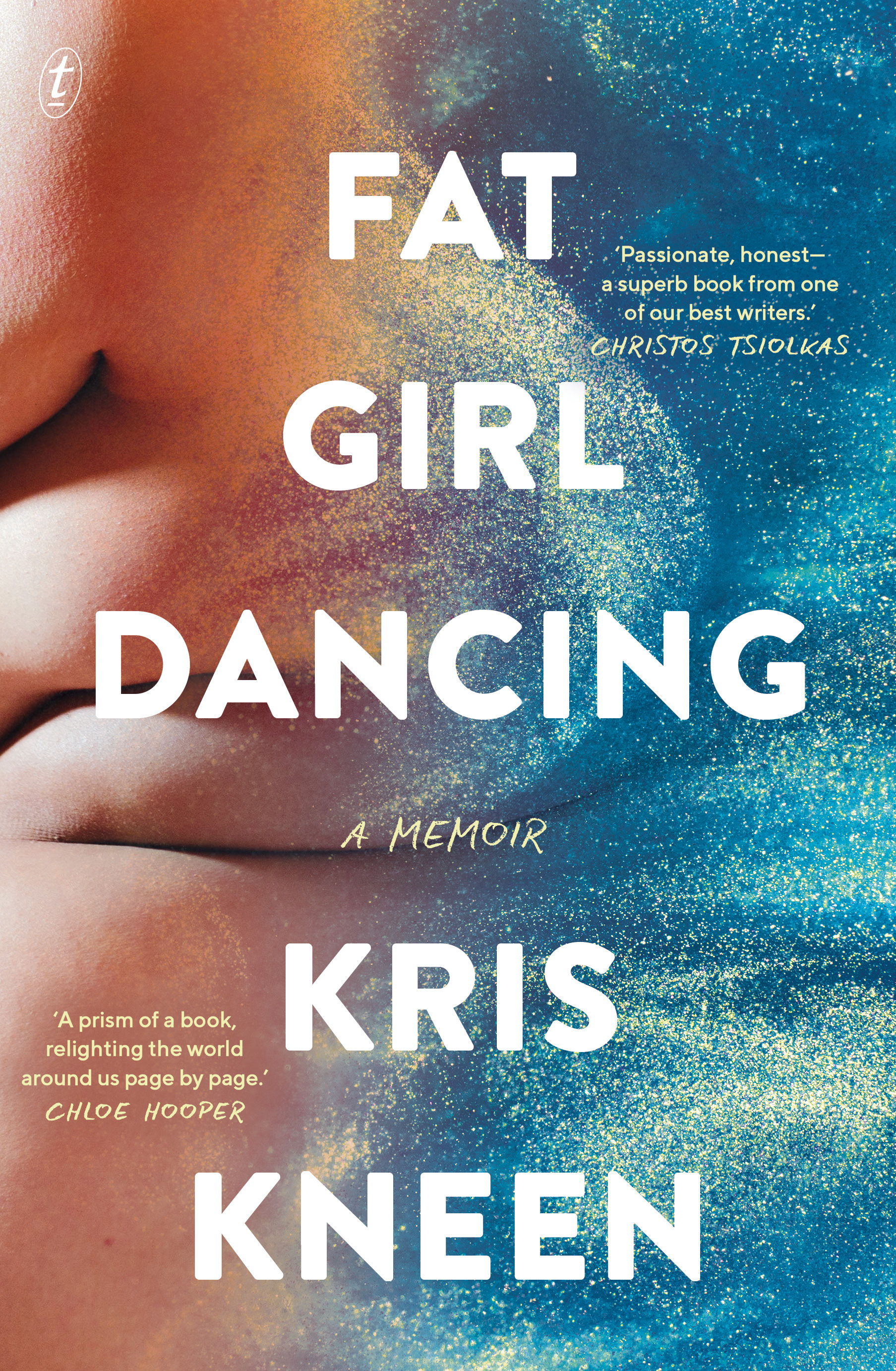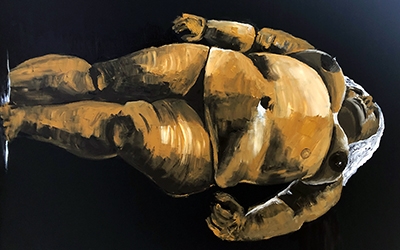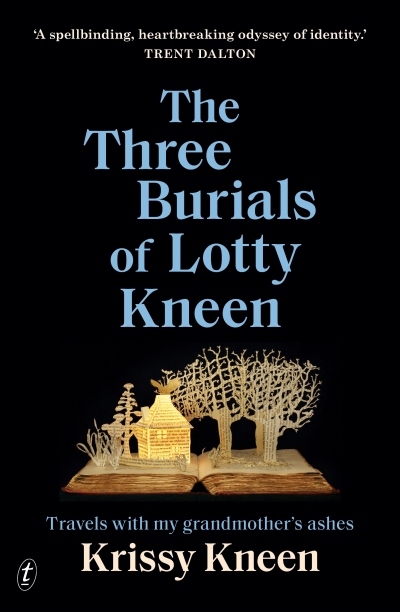Krissy Kneen
Film | Theatre | Art | Opera | Music | Television | Festivals
Welcome to ABR Arts, home to some of Australia's best arts journalism. We review film, theatre, opera, music, television, art exhibitions – and more. To read ABR Arts articles in full, subscribe to ABR or take out an ABR Arts subscription. Both packages give full access to our arts reviews the moment they are published online and to our extensive arts archive.
Meanwhile, the ABR Arts e-newsletter, published every second Tuesday, will keep you up-to-date as to our recent arts reviews.
Recent reviews
Each year, the judges of the Calibre Essay Prize face the difficult task of selecting a winner from an impressive shortlist. Last year’s winner was Theodore Ell for ‘Facades of Lebanon’, an intimate chronicle of the 2020 port explosion in Beirut. In today’s episode, ABR turns to another impressive essay, ‘Dugongesque’, which was shortlisted for last year’s Calibre Essay Prize and appears in our upcoming December issue. Written by the award-winning Queensland author Krissy Kneen, ‘Dugongesque’ is a poignant exploration of identity, bodies, and death as Kneen embarks on a diving course bought for her by her partner. Listen to Kneen read her essay in full.
And for those interested, the 2022 Calibre Essay Prize, worth $7,500, is currently open for submission.
... (read more)Some people are diving with a whale shark off Stradbroke Island. I saw it on a news story on the internet. The whale shark is the largest known fish. It is extremely rare. It has never before been seen off the coast of Stradbroke Island. Something to do with La Niña, climate change, over-fishing, the tides. There is a rare fish off the coastline of my favourite island and a group of divers are swimming with it.
... (read more)Throughout her childhood, Krissy Kneen was surrounded by make-believe. At the centre of this enchanted world was her grandmother Lotty, whose prodigious fabulations not only kept her family in thrall, but also hid painful memories of poverty and forced migration. In her new memoir, The Three Burials of Lotty Kneen, Kneen retraces her grandmother's journey from Slovenia to Australia. In today's episode, Kneen sits down with her friend Beejay Silcox, a past ABR Fellow and longtime contributor, to discuss their serendipitous meeting and Kneen's journey to uncover her family's history.
... (read more)The Three Burials of Lotty Kneen: Travels with my grandmother’s ashes by Krissy Kneen
Krissy Kneen is the award-winning author of fiction, poetry, and memoir, including An Uncertain Grace, Steeplechase, Triptych, The Adventures of Holly White and the Incredible Sex Machine, Wintering, Eating My Grandmother, and Affection. Her latest book is the memoir The Three Burials of Lotty Kneen. She has written and directed broadcast documentaries for SBS and ABC Television.
... (read more)Rose Lucas reviews 'Ground' by Martin Langford, 'Eating my Grandmother' by Krissy Kneen, and 'Now You Shall Know' by Jennifer Compton
In their very different ways, these three collections attest that contemporary Australian poetry is alive, robust, and engaging.
Puncher and Wattmann have delivered a generous collection of Martin Langford's most recent poems, Ground ($25 pb, 158 pp, 9781922186751). As we have come to expect from Langford, the voice we find here is strong – passio ...






